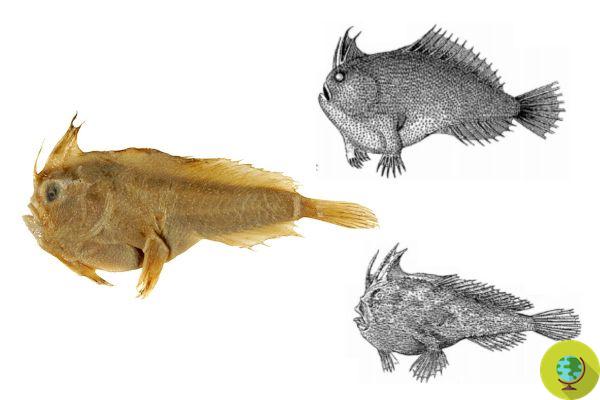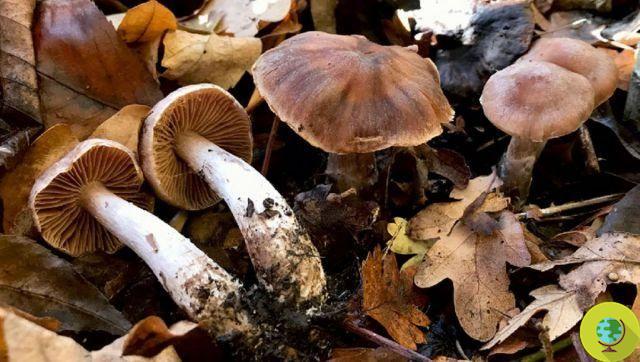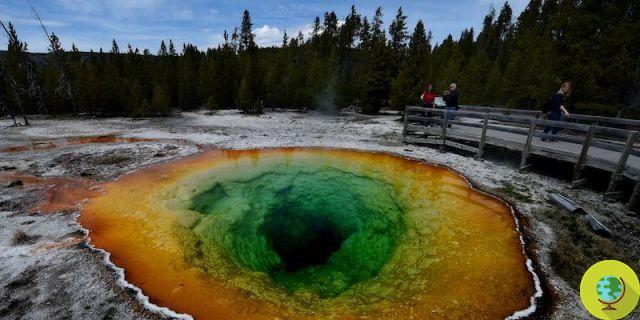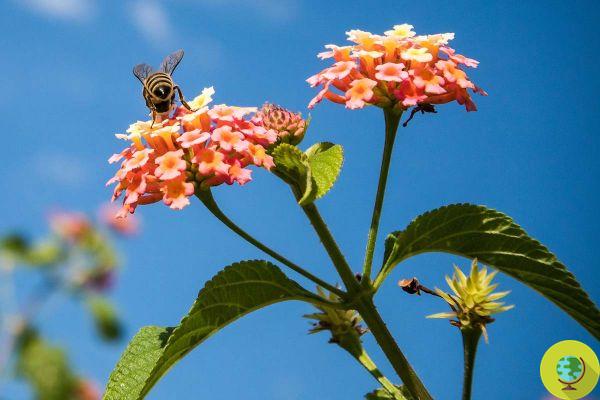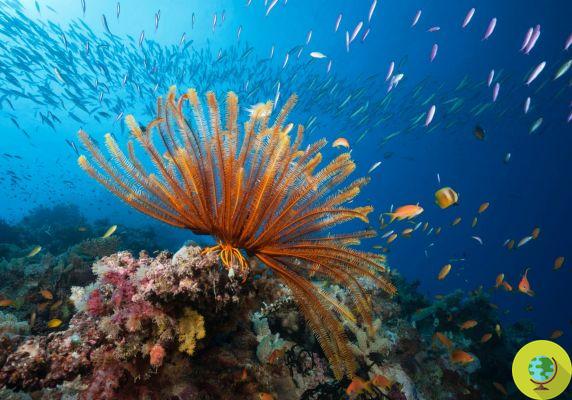Restore coral reefs? It's possible! Good news comes from Miami, where a team of scientists has managed to revive some coral populations by planting some fragments in the laboratory
Restore the fence coral? It's possible! Good news comes from Miami, where a team of scientists has managed to do revive some coral populations, planting some fragments in the laboratory.
Though preventing death is certainly the way to go, also being able to bring the coral reef back to life bodes well.
The research, led by scientists from the Rosenstiel School of Marine and Atmospheric Science at the University of Miami (UM), has important implications for long-term survival of coral reefs around the world, which are in decline for various causes, related to climate changes and the pollution of the seas.
For the study, the researchers agreed to document the recovery process corals during the first two years in various sites, located between Florida and Puerto Rico. The results showed that current restoration methods did not cause damage to the donor colonies, even though they removed a fraction of the coral to generate more. According to the scientists, once 'educated' corals in the laboratory behaved just like the colonies found in nature.
Thousands of corals they are collected in laboratories and are planted every year on the rocks. This study is the first to collect data on survival and on the productivity of recovery techniques on a regional scale.
The populations of the Staghorn coral they have fallen by 90% in the Caribbean from the XNUMXs to today. For this reason, the species is considered endangered in the USA.
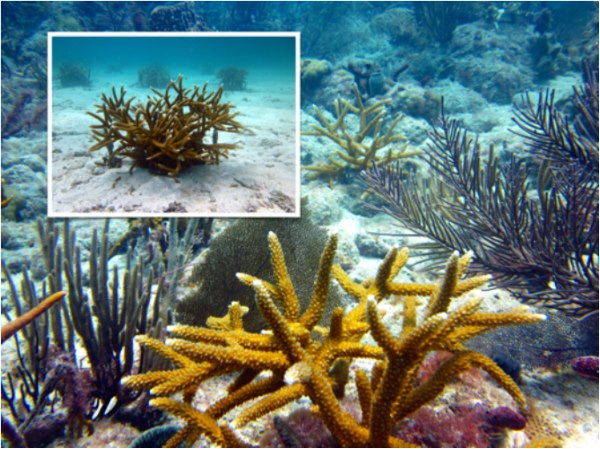
Unfortunately, the coral reefs are decreasing at an alarming rate and recovery programs could be a valuable aid to conservation and management plans.
As well as being a huge asset in terms of biodiversity, coral reefs have incalculable economic value, are food for other ocean species and offer protection against natural hazards, such as hurricanes.
"Our study has shown that current restoration methods are very effective" he said Stephen Schopmeyer, lead author of the study. "Coral reefs are critical to our daily lives and successful coral restoration is a recovery tool for coastal resources."
READ also:
- THE GREAT CORAL REEF IS DEAD: NEW RECORD WHITENING
- WE KILLED THE GREAT CORAL REEF. THE SHOCK STUDIO
- THE TERRIBLE IMAGES SHOWING THE WHITENING OF THE GREAT CORAL REEF (PHOTO)
An additional weapon that can help, but which must certainly be accompanied by actions aimed at preventing the destruction of coral reefs around the world.
Francesca Mancuso






